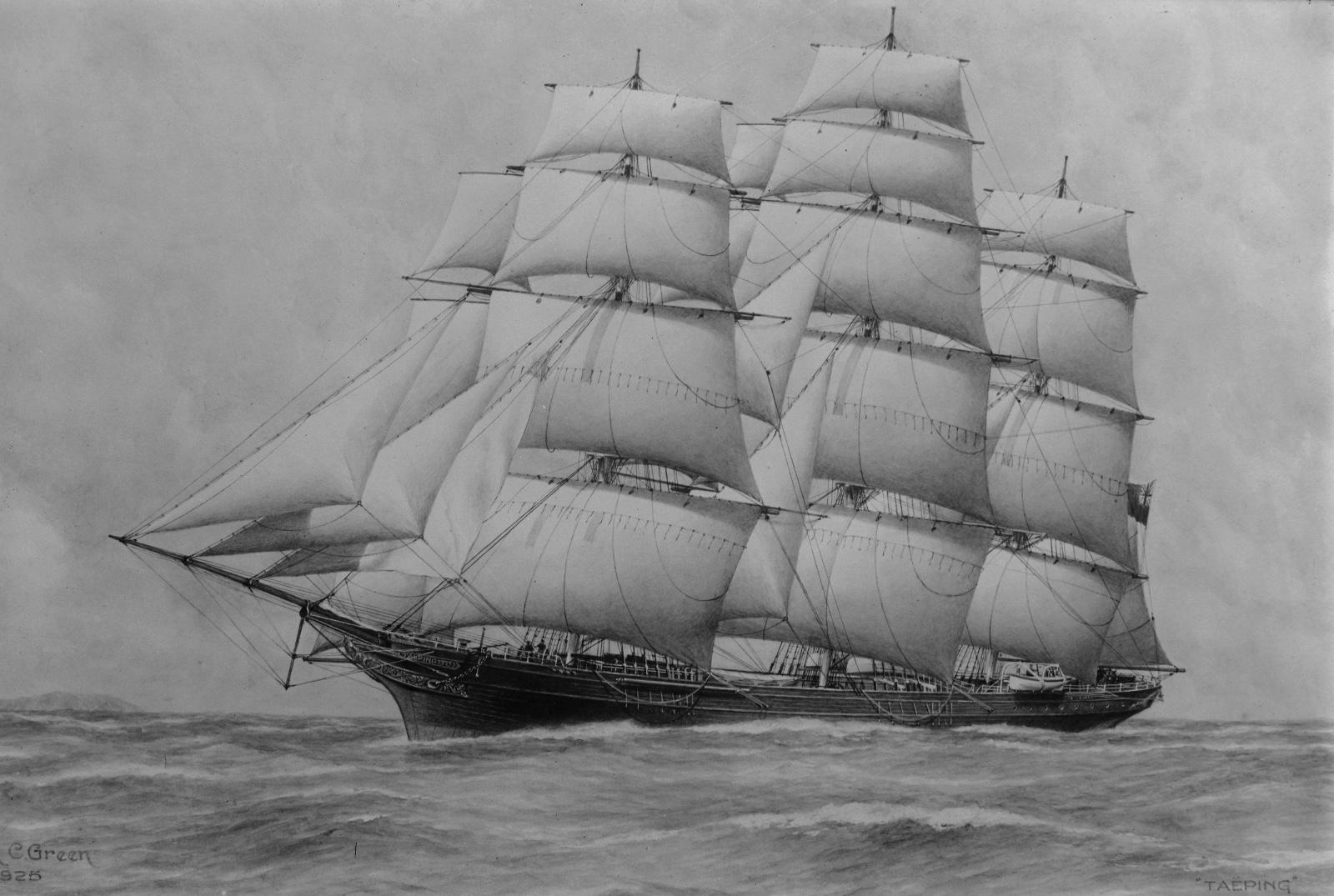Created by Cody Taylor on Fri, 04/23/2021 - 22:28
Description:
Character Commentary:
Frank Jermyn
“Oh, the Ship is magnificent, however, I do grow weary of being away from my darling fiancé for God only knows how long. The waters have finally calmed after several days of storming. Thankfully, this Clipper Ship was made well, naturally, considering it’s one of the most popular ships around with tradesmen. The good news is I think highly of this one fellow, Mr. Steele. He works chiefly for the Photogravure. He likes to accompany me to the Captain's quarters to marvel at the sketch of this glorious ship. The soldiers seem to be in good spirits, as they are quite confident in their capabilities. I, however, do not see the need in British troops in this foreign land anyways. I mean sure, there is money to be made here. But, at what cost? That seems not to be my burden to bear however, as I am just here to make pictures. They are feeding me well for the time being, but that is surely to change once we make landfall and push deeper inland into Africa. I mustn't worry about that for now, especially if the soldiers take care of business as usual. I wish to send my love to Lucy and her sister’s; however, we will not hit dry land for another week, at which time I can write her. I hope to be back in time to take her to my parents in Cornwall. This shall truly be an adventure, as I have heard some of the most amazing sights to be seen in the whole world can be found in this unusual place. I will surely come back with some material to which I can finally make my name and fortune from. Only time will tell...”
Editorial Commentary:
Cody Taylor
British Colonialism dominated Africa in the latter part of the 19th Century. You can see here how even the civilians of Victorian England profited off of the region. This journal excerpt is showing the early parts of colonialism, where the troops would have to take over the governing bodies of a region in order to establish and maintain control. Even at that point you had British newspapers and other media outlets cashing in on the death and destruction. In the latter part of British control in Africa, you saw British civilians moving and establishing lives and businesses in the areas. However, according to William Schneider of the NCBI, this was detrimental to the economies of the region, because at the same time this was all happening, the British government & subsequent companies were harvesting the natural resources and sending them back to the British mainland. This left the natives of the region with nothing to build their lives upon, thus only putting them that much further under British control. It went even further as well, as Schneider goes on to tell us that the British instituted policies under newly written constitutions of these nations that placed the natives in essential changes. The same rights and resources were not extended to them, and as a result, were pushed even further into poverty. A more modern-day example of this can be seen in Apartheid South Africa. Institutionalized racism was implemented in every aspect of the government from the 1940’s to the late 1990’s, and as a result kept the African natives impoverished and under the control of the British foreigners. Even though it has ended, the effects are still being seen today.
Works Cited
“Clipper.” Wikipedia, Wikimedia Foundation, 27 Mar. 2021, en.wikipedia.org/wiki/Clipper.
Levy, Amy. The Romance of a Shop. Publisher Not Identified, 2011.
Schneider, William H. “Smallpox in Africa during Colonial Rule.” Medical History, Medical History, Apr. 2009, www.ncbi.nlm.nih.gov/pmc/articles/PMC2668906/.
“Second Anglo-Boer War - 1899 - 1902.” South African History Online, www.sahistory.org.za/article/second-anglo-boer-war-1899-1902.


